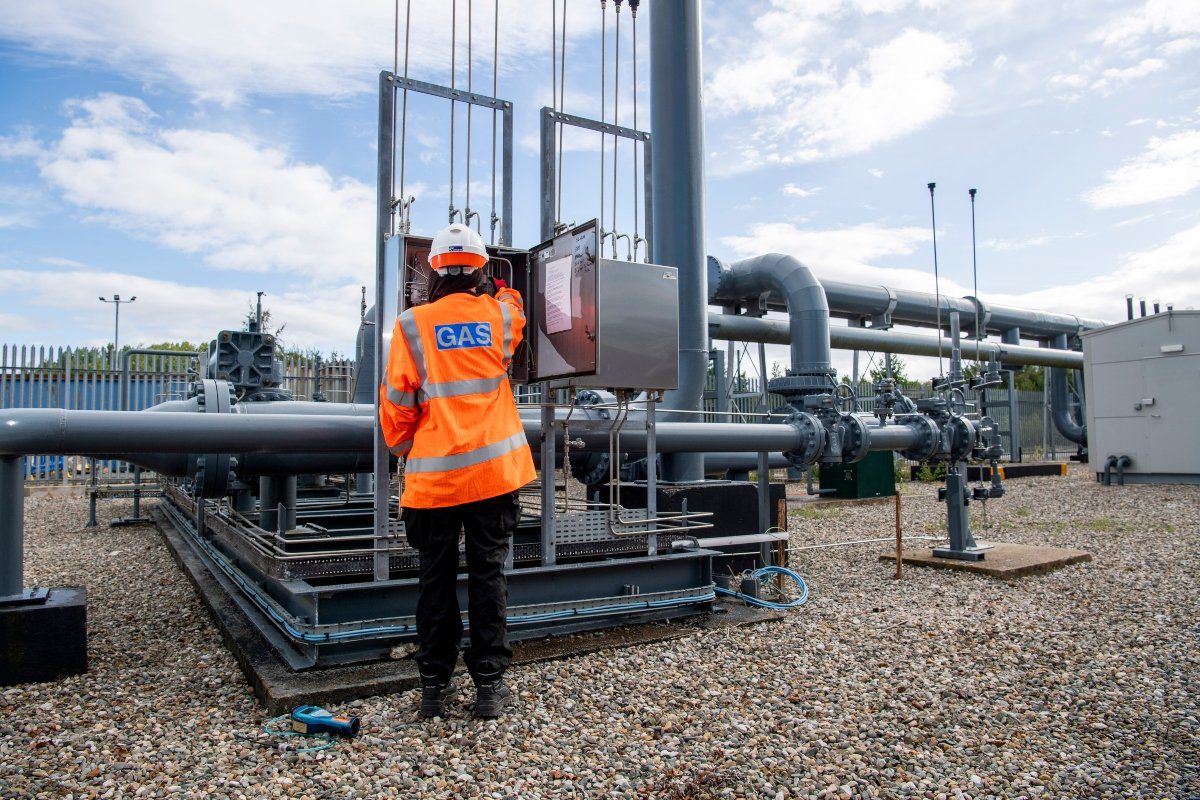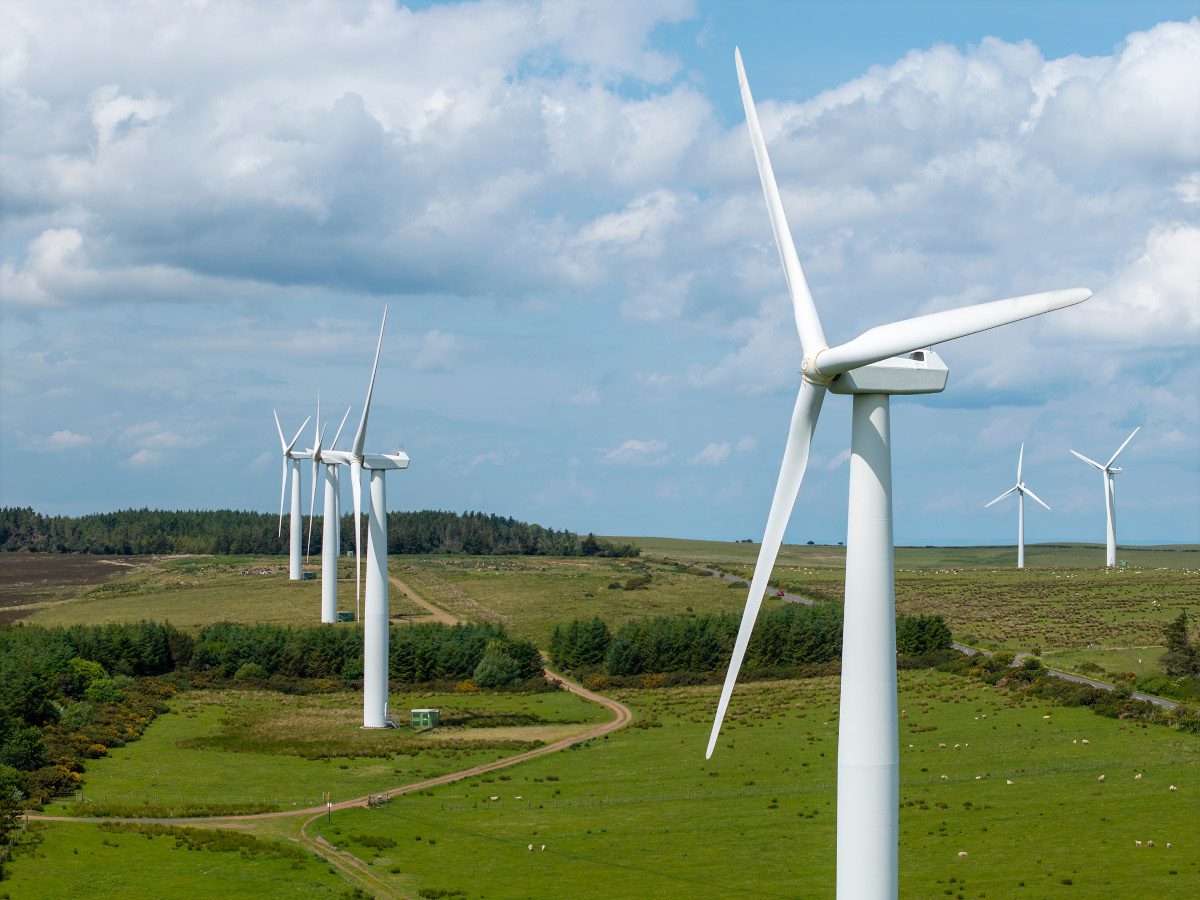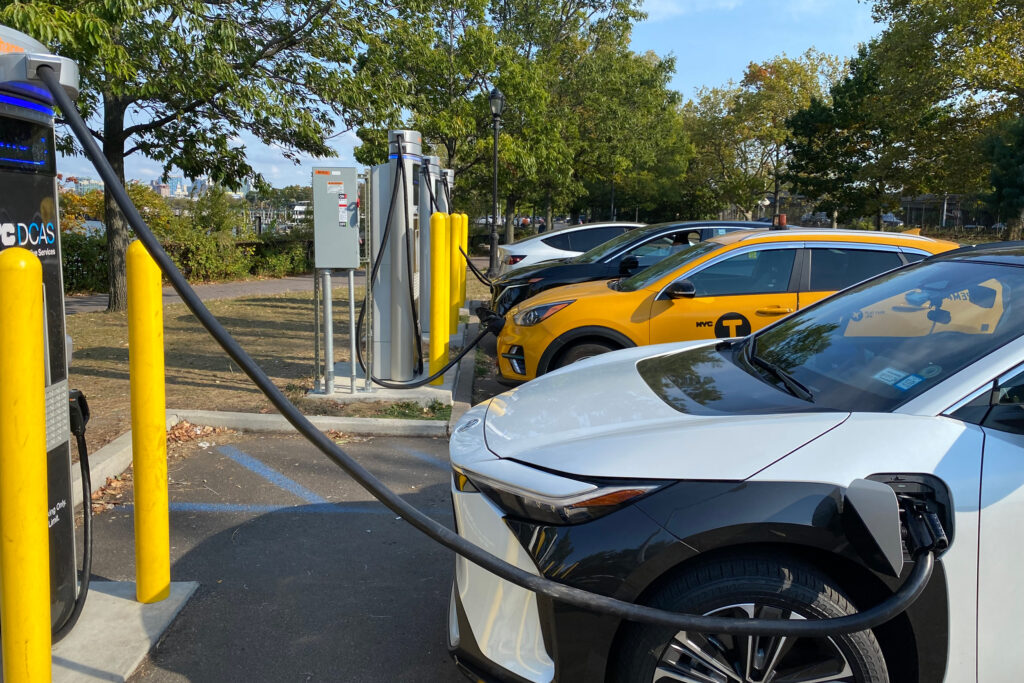A new £2.5 million project led by the University of Southampton and the National Oceanography Centre (NOC) has set its sights on improving our understanding of how the ocean ‘breathes’, storing heat and greenhouse gases from the atmosphere.
Ocean scientists will deploy sensors onboard high-tech floats to provide unprecedented detail on how the ocean breathes through mixing —tiny turbulent movements that pull water, heat, and chemicals from its surface down into the deep.
This ventilation helps to regulate the Earth’s climate, buffering against the impacts of human-induced climate change.
Mixing also plays a key role in regulating ocean current systems, such as the Atlantic meridional overturing circulation (AMOC).
“Small-scale mixing plays a crucial role in how the ocean exchanges carbon and heat with the atmosphere and stores it below the surface,” says Dr Bieito Fernandez Castro, a Lecturer in Physical Oceanography at the University of Southampton leading the project.
“Yet, much about this crucial process remains a mystery, so there’s a higher degree of uncertainty in our estimates than we’d like. It happens on such small scales (ranging from centimetres to kilometres) that it has been hard to measure, meaning current ocean and climate models fail to capture the intricate dynamics at work.”
The REMIX-TUNE project has been awarded £2.5 million from the European Research Council to deploy a cutting-edge fleet of autonomous floats in key regions of deep-water formation where much of the heat and carbon sequestration takes place – namely the North Atlantic and Southern Ocean.
Equipped with turbulence sensors and new highly efficient onboard computers, the floats will pass through the water column from the surface down to depths of up to two thousand meters and back up again over several years, capturing detailed local data on how water mixes at both the mesoscale (large eddies) and microscale (tiny, chaotic swirls).
Dr Fernandez Castro says: “These profiling floats have been used since the 2000s to measure the temperature and salinity of the ocean, as well as other properties, to help with forecasting and modelling.
“But they were incapable of observing mixing until now, so it’s exciting to deploy them in significant numbers for this purpose.”
The data captured will generate the first comprehensive, observation-based global database measuring mixing’s role in ocean ventilation.
This detailed new understanding will feed into the next generation of ocean-climate models, improving their ability to simulate the ocean’s role in storing heat and greenhouse gases.
Dr Alex Megann at the National Oceanography Centre, a co-investigator on the project, says: “Combining the new data with existing hydrographic profiles from the global Argo programme, we can reconstruct mixing over the past 25 years over the global ocean to provide much more accurate mixing estimates.
“We’ll then use a model called NEMO, which is the ocean component of the UK’s contribution to the IPCC, to use our improved estimates of mixing to give a much clearer picture of how ocean ventilation regulates our climate.”

















